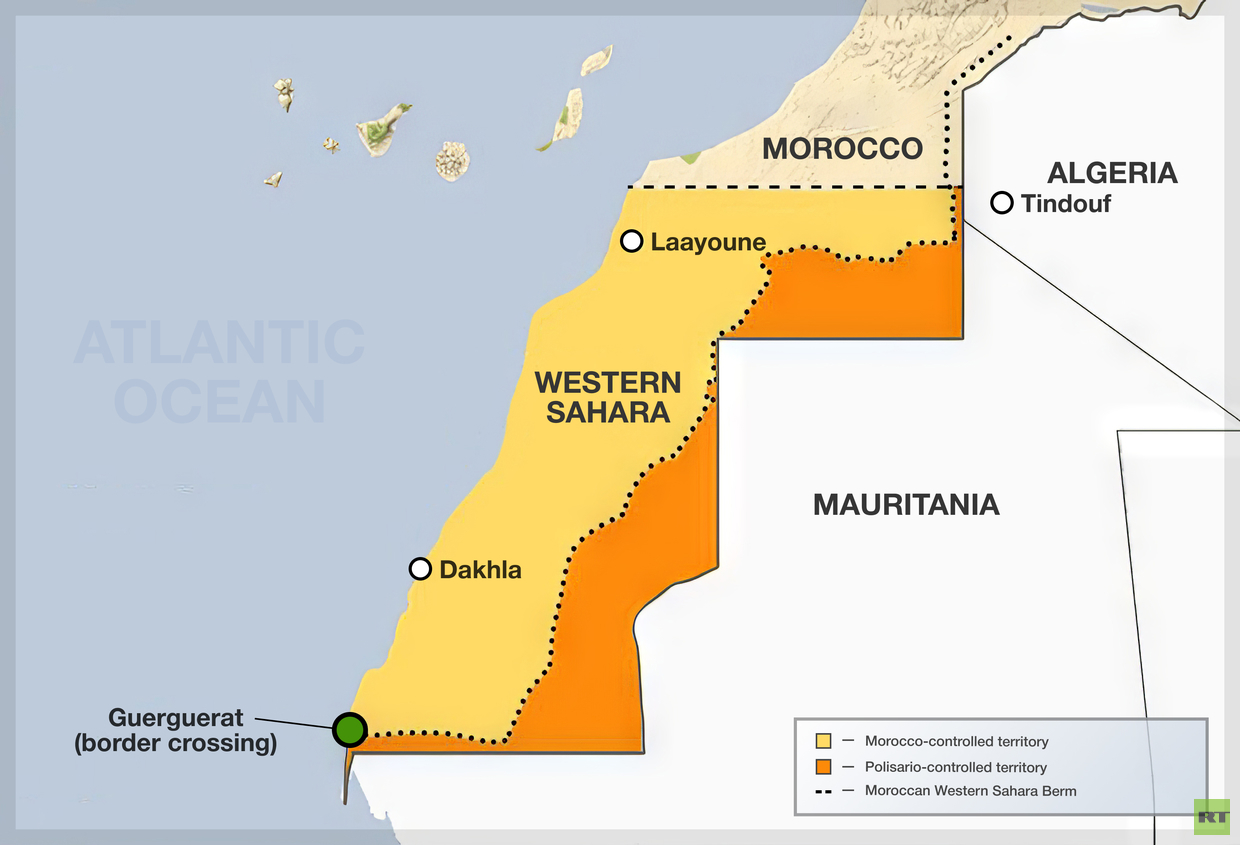
The UN Security Council has approved a resolution backing Morocco’s autonomy plan as the basis for talks to resolve a decades-long conflict over Western Sahara.
During a meeting on Friday, 11 of the council’s members voted for the US-drafted text, which also extends for one year the mandate of a UN mission tasked with preparing a referendum in the disputed North African territory. China, Pakistan, and Russia abstained, and Algeria did not participate.
Morocco annexed Western Sahara shortly after Spain ended colonial rule in 1975. The sparsely populated territory has since been the stage of Africa’s longest-running territorial dispute between Rabat and the Algerian-backed Polisario Front, which seeks full independence for the Sahrawi people. The two sides fought a 16-year war that ended in 1991 with a fragile UN-mediated ceasefire.
Rabat submitted a proposal to the UNSC in 2007 to grant limited autonomy to the territory by delegating administrative, legislative, and judicial powers to local residents while retaining the Moroccan flag and currency. Morocco would also control the phosphate-rich region’s foreign policy, security, and defense, a move the Polisario Front rejects.
The US, UK, and France have endorsed the plan, calling it the most credible solution to the nearly 50-year conflict. Belgium, Spain, Germany, and Portugal have also aligned with Rabat’s proposal.
On Friday, the Security Council urged Rabat and the Polisario Front to engage in “discussions without preconditions, taking as basis Morocco’s autonomy proposal, with a view to achieving a final and mutually acceptable political solution that provides for the self-determination of the people of Western Sahara.”
Morocco’s King Mohammed VI welcomed the decision as a historic turning point in the dispute and toward “a Morocco whose rights and historical borders would not be infringed upon by anyone.”
Algeria, however, criticized the resolution, arguing it does not reflect UN decolonization principles and prioritizes Morocco’s territorial ambitions while neglecting proposals submitted by the Polisario Front.
Russia’s representative called the text “unbalanced” and reflective of the national position of the US. China said it abstained because the resolution did not adequately address all members’ concerns, while Pakistan cited insufficient emphasis on self-determination.
